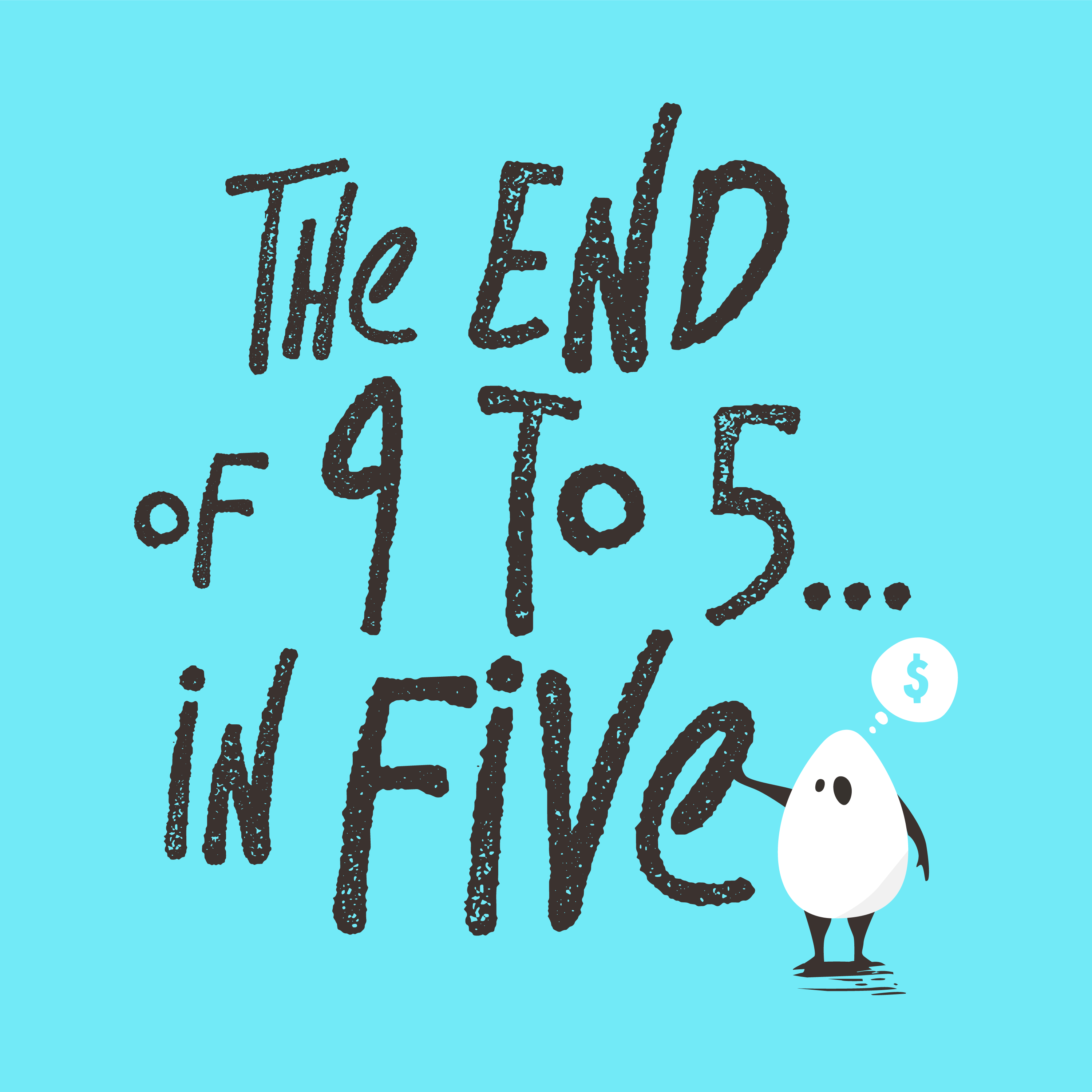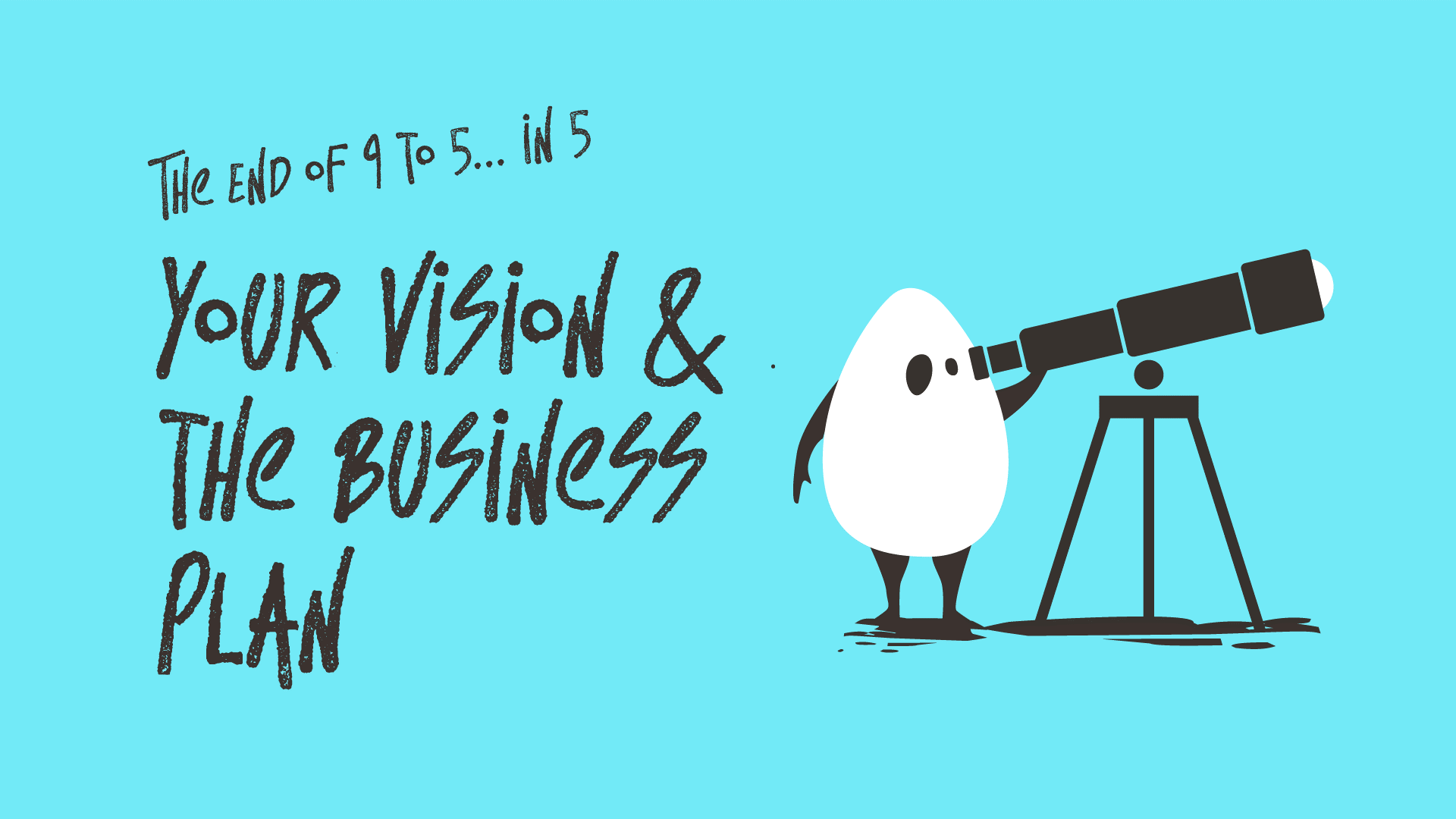
Pretty much everything you do in life that is worthwhile is the result of some sort of plan. Booking a holiday. Getting a job and going to work. Organising a date night with your significant other. You plan these things so that you are sure to get something back at the end. Relaxation. Money. Romance.
Think of a business plan as stepping stones for achieving your vision. If you can visualise your goal early on in the process, then it will show other people – potential partners and investors – what you are trying to achieve and how you are going to go about it.
Describing the problem that your customer is having and why your product or service solves that problem is central to your story in the plan. Everything else stems from that. Also, building out a profit and loss statement in a spreadsheet will allow you to capture all of your planned monthly income and expenditures, month by month. Try to forecast 12 months ahead, and regularly revisit this document to see how you’re delivering next to your plan.
The process of writing a business plan also clarifies what you should be doing, and what you shouldn’t. In earlier episodes I talked about the importance of productising effectively – putting very clear delineations around what your product or service did so that you could scale your output, rather that creating ad hoc products or services for individual customers that couldn’t be easily replicated. The business plan is the perfect document to outline this process. In describing your products, you will also need to outline what it takes to create them, and the people that you will need in the process from creation to sale.
But don’t worry: plans can and do change. You should view your plan as a living document, that you should be adding to and changing as and when necessary. Early on, you also need to make certain assumptions about costs, roles and responsibilities, and the like, which may not be borne out. That’s also ok, and it will show a potential investor that you’re anticipating growth, which is a great sign.
Once you’ve proved the concept of your business, then it’s time to aim high. One saying that I’ve live my professional life by is: “if you aim at the sky, then you’ll hit the ground; if you aim at the stars, then you’ll hit the hit the sky”.



Leave a Reply